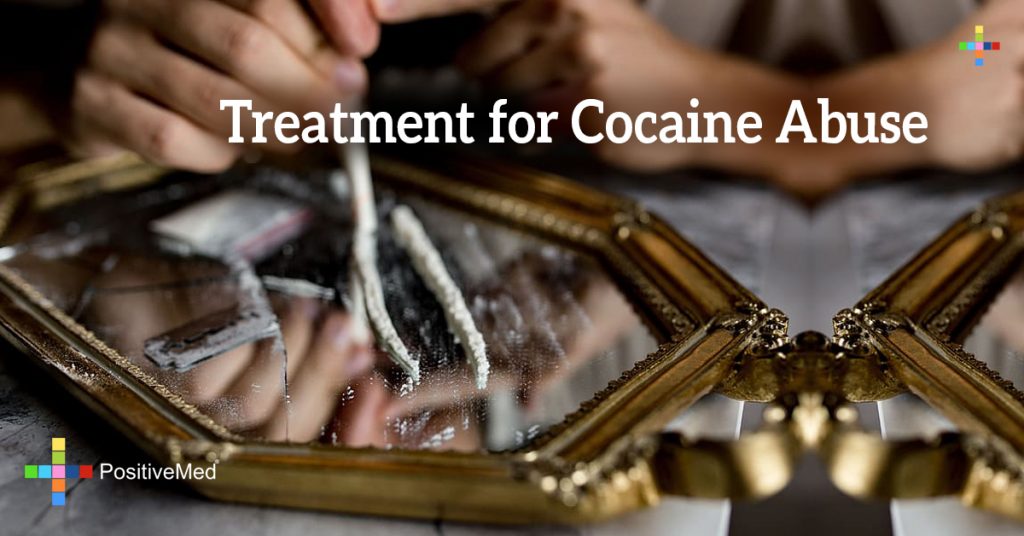
Treatment for Cocaine Abuse
By: Andres Carvajal
Edited By: Stephanie Dawson
Not so long ago the main treatment for drug abuse was strictly medical. Fortunately there has been a rise of bio-psycho-social interventions with psychotherapy, pharmacological treatment, and alternative interventions. Not all psychological treatment has shown great results, one of the most studied is the cognitive behavioral treatment, or CBT.
Pharmacological treatment
At present there are no drugs approved by the Food and Drug Administration (FDA) that serve to treat cocaine addiction. NIDA is working hard to identify and test new drugs that are safe and effective in treating this addiction. Several drugs marketed for treatment of other diseases (e.g. baclofen, modafinil, tiagabine, disulfiram and topiramate) show therapeutic potential and, in controlled clinical studies, have been reported to reduce cocaine use. Among these drugs, disulfiram (used to treat alcoholism) has most consistently decreased cocaine abuse. Moreover, new knowledge of how the brain changes when you use cocaine is directing attention to new targets for drug development. Finally, a cocaine vaccine that prevents the entry of cocaine to the brain has great potential to reduce the risk of relapse. In addition to treatments for addiction, medical treatments are being developed to address emergency situations resulting from acute cocaine overdose.

Cognitive behavioral tenet of drug abuse
Cognitive behavioral treatment represents the integration of principles based in behavioral techniques, cognitive techniques, and social learning. This approach is comprehensive and helpful in providing strategies aimed to increase personal self-control. The purpose of this therapy is that the client can contrast rationally their false beliefs. In this therapy the client is trained to recognize triggers and identify situations where its possible to consume cocaine, or the thoughts and beliefs that fuel the addiction. They learn to recognize the ladder of feelings, reactions, and emotions. People who learn this therapy will learn these skills one year after treatment.
Drug abuse is an addictive behavior that has been learned by addicts who are hooked on the reinforcement drug use has in their life.
Therapy has clear objectives: modification of attitudes toward consumption and its effects, establishment of a new life in order to change lifestyle. The toxic environment related to drug use, the association of using with certain places, people, or specific objects must be deleted from behavioral patterns. This therapy encourages clients and patients to discuss inner thoughts and environmental situations related to drug abuse and learn how to deal with drug cravings.
From this perspective, each person has their own history of drug abuse, the therapist will dive deeper and identify triggers and cues that made this person an addict, and will highlight and try to give insights about tragic effects of drugs, offering options and alternatives to addictive behavior. Another objective of therapy is to make the problem tangible and concrete.
Cognitive behavioral therapy is an individual psychological intervention, however it can be part of a holistic or hospitalization treatment program.
Sources
American Psychological Association (2000). Society of Clinical Psychology. A Guide to Beneficial Psychotherapy. Empirically Supported Treatments. Washington: American Psychological Association
Ramos, B. M. C., Siegel, S., & Bueno, J. L. (2002). Occasion setting and drug tolerance. Integrative Physiological & Behavioral
Science, 37, 165-177.
National Institute on Drug Abuse (2009). Principles of drug addiction treatment (2nd
ed.). Maryland, MD: U.S. Department of Health and Human Services.





